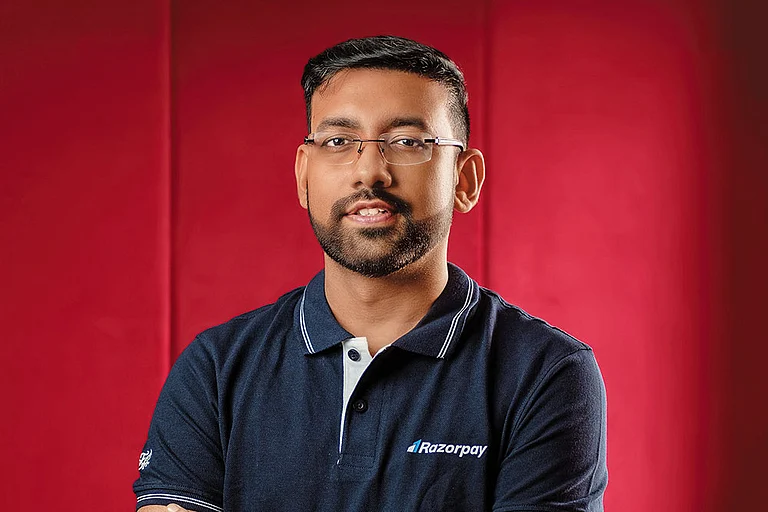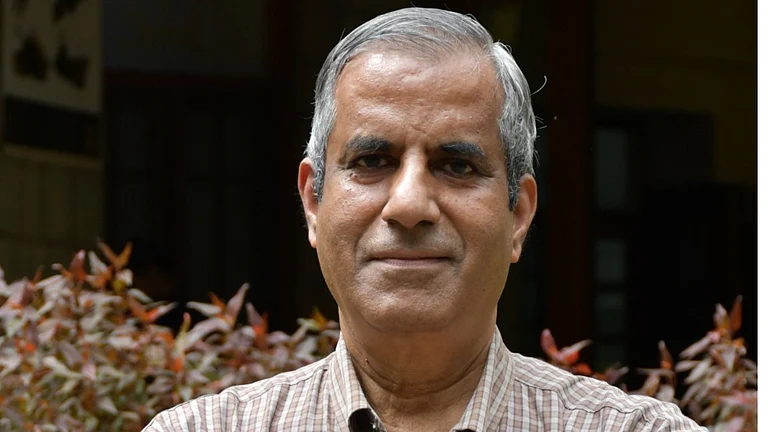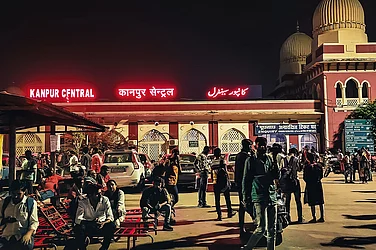
India’s new gaming law bans real-money play but elevates esports to the status of sport
With the gambling stain scrubbed off, the industry hopes to end its funding drought
If India can nurture talent and capital under the new regime, it could emerge as the world’s next esports powerhouse
On an August evening in Patna, 21-year-old Roshan Kumar sits in a cramped room, his phone plugged into the wall and headset clamped tight. For six hours straight, he has been grinding through BGMI matches with his four teammates, each kill and each zone rotation streamed live on Discord for their coach to review.
“People think I’m just wasting time on my phone,” Roshan says with a tired laugh. “But this is my job. I train six to eight hours a day, just like a cricketer in a net session.”
His parents still don’t fully understand what he does. They use the phrase “online games” with a hint of worry, but Roshan insists this is not about gambling or luck.
“My father once asked if I was investing money into these games. I had to explain that this is not gambling, it’s practice. I don’t bet on outcomes. I play, I train, I improve. Every win comes from my reflexes, my strategy, my team.”
Roshan’s story captures the paradox of India’s esports industry, a rapidly growing and government-recognised sport that still battles the perception that it’s just another form of online betting.
That is where experts believe the passage of the Promotion and Regulation of Online Gaming Law, 2025 will help. The law prohibits real-money games but explicitly promotes esports. It states, “Esports will be promoted as a legitimate sport, while social and educational games that build skills and cultural values will receive government support.”
Even though the distinction between esports and online gambling may sound obvious to gamers, outside the community the two are often conflated.
Experts point out that esports is fundamentally about competition. Just as kids play cricket or football, professional gamers compete in “disciplines” like Counter-Strike, BGMI, Dota, or Valorant. These games are team-based and skill-driven, without any element of staking or wagering. Prize money comes from tournaments and sponsorships, not players putting money on the line — a key distinction from gambling.
While the industry may appear glamorous with big prize pools and fan followings, the reality is closer to a boot camp. Top athletes often spend 6–12 hours a day practising, reviewing replays, and scrimming against other teams. “I start after breakfast, around 11 am, and go till dinner,” says Roshan. “Sometimes I don’t even step outside the house for two or three days.”
Despite these differences, experts note that esports operated under the shadow of real-money gaming — a burden with real consequences.
Caught in RMG’s Shadow
When Sudhansu Sinha, founder of esports startup MetaNinza, tried to open a bank account for his company, he ran into unexpected hurdles.
“Big banks refused to open my company’s account just because the word ‘gaming’ was in the name,” he recalls. “For them, gaming meant gambling. I had to explain, over and over, that we train athletes, we run tournaments, we don’t run a betting app.”
It wasn’t just banks. Investors, too, were sceptical, often confusing esports with real-money gaming. That regulatory uncertainty created hesitation among sponsors and financiers, forcing companies to operate with minimal capital.
“Many investors simply didn’t engage with the space because of the regulatory grey area. This became more common as RMG grew in popularity in India,” says Nishant Patel, co-founder of AFK Gaming and Senior Vice President – Founder Office and MD Office Initiatives at NODWIN Gaming.
The numbers bear this out. According to Tracxn, funding in the gaming industry fell from $610 million across 71 rounds in FY2022 to just $55.9 million across 34 rounds in FY2025.
A New Dawn
With the bill now passed, experts expect significant progress.
The industry already has strong momentum. A 2024 FICCI-EY report projects India’s gaming market to reach $8.6 billion by 2027, with esports driving growth in viewership and brand sponsorship. Leaders note that the law’s clear separation from RMG will encourage wider participation.
“With esports separated from RMG, more young players, especially from Tier II and Tier III cities, will feel encouraged to participate,” says PulkitGehlot, Founder and CEO of PIVAGA, an AI-powered esports analytics platform.
Legitimacy is also expected to spur more states to sponsor esports tournaments. Bihar, Tamil Nadu, and Rajasthan have already backed events. In 2024, the Bihar State Sports Authority organised a competition featuring BGMI, FC24, Chess, and Real Cricket 24.
“If government incentives for players materialise — like those given to cricketers or hockey players — that will further accelerate growth,” adds Gehlot.
Experts also believe that funding prospects will improve. “I wouldn’t say it’s suddenly ‘easy,’ but it is more accessible. Many investors who stayed away due to regulatory uncertainty will now be more open. That alone improves the funding landscape significantly,” says Patel.
For players like Roshan, however, the meaning goes beyond investment and sponsorship. For him, esports is about passion and national pride.
“I dream of playing under the Indian flag one day, maybe in the Asian Games or Worlds,” he says. “For me, gaming is not luck. It’s skill, discipline, and teamwork. That’s what I want people to understand.”
Esports in India is still young, messy, and often misunderstood. But, like cricket in its early decades, it is fuelled by passion, persistence, and a growing ecosystem of players, startups, and organisers. If it can shed the shadow of gambling and take cues from countries where esports has flourished, India could well become the next global powerhouse — one where athletes like Roshan no longer need to explain that what they do is sport.




































